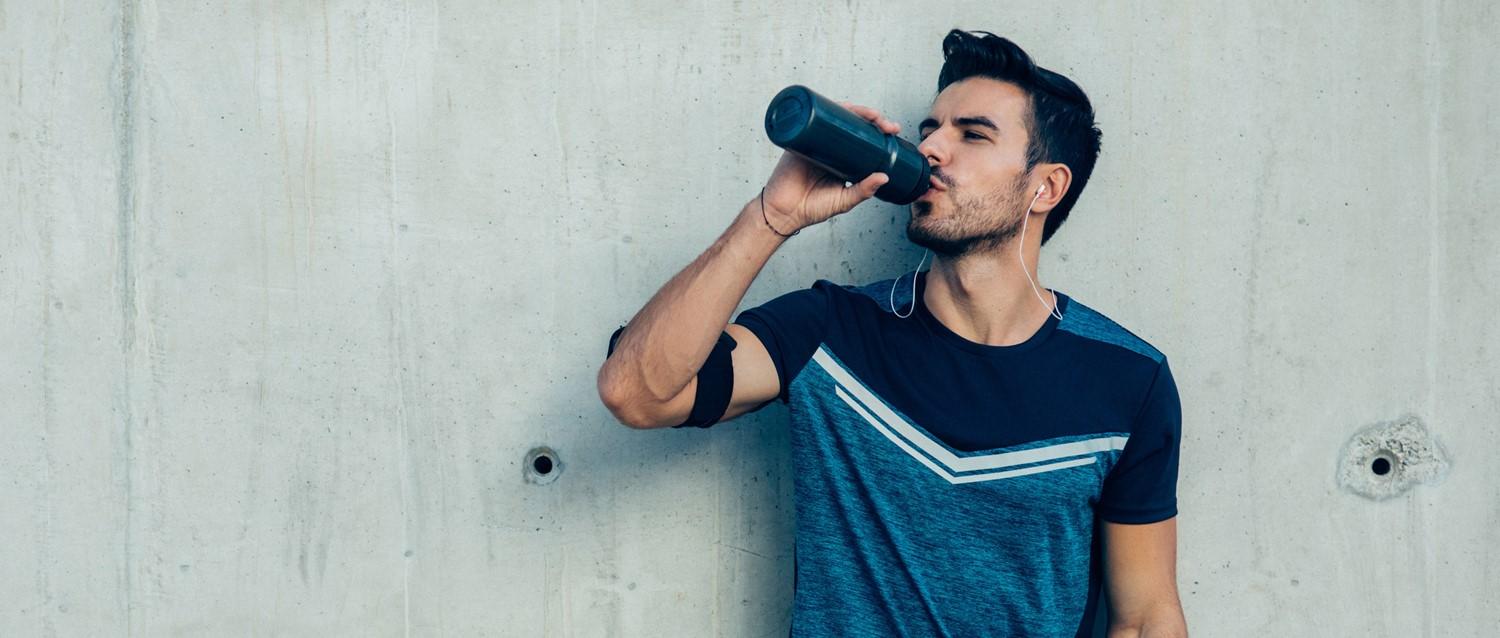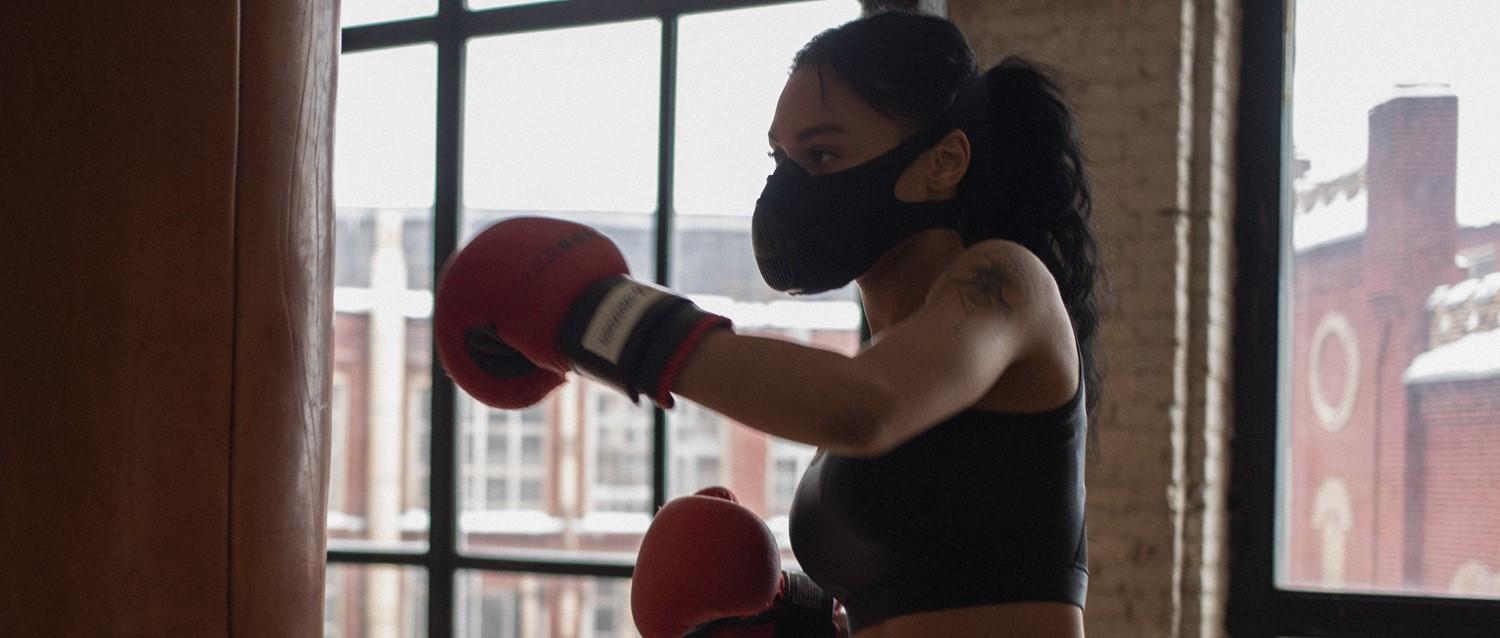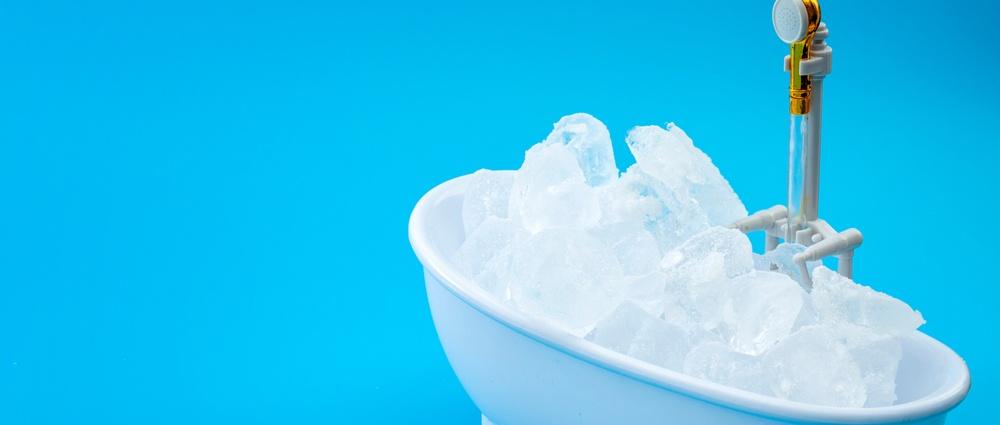
Do sports drinks really work to improve performance?
Peer reviewed by Dr Sarah Jarvis MBE, FRCGPLast updated by Dr Carrie Ruxton, PhD, Child NutritionLast updated 21 Jul 2018
Meets Patient’s editorial guidelines
- DownloadDownload
- Share
- Language
- Discussion
Whether it's the World Cup or the Olympics, you'll see athletes regularly picking up a sports drink for a glug. Marketeers hope we'll do the same, whether after a workout at the gym or to rehydrate in the office. But do they really help sports performance or are they just a waste of money?
In this article:
Brits get through more than 123 million litres of sports drinks a year, according to the British Soft Drinks Association, but this has declined in the past few years as many of us try to cut down on sugar.
Continue reading below
What's in it?
Sports drinks are beverages that claim to enhance physical performance before, during or after exercise. Their purpose is to replenish body sugar stores used up during prolonged exercise, as well as replace the body salts that are lost in sweat.
Your average sports drink is a concoction of water, sugars (typically maltodextrin, glucose syrup or sucrose), citric acid (preservative and gives a tangy taste), and salt (sodium chloride).
Some drinks are labelled 'isotonic' which means that they have a similar concentration of sugars to our blood and are unlikely to cause tummy upsets.
Hypertonic drinks are high in sugars - useful if you are on your last legs on mile 20 of a marathon - but they could cause diarrhoea as your gut struggles to balance the difference between the sugars in the drink and the sugar level in your body.
The potential benefits
If you are an endurance athlete, taking part in races and/or spending several hours a week training, then sports drinks are definitely worth including in your fitness routine.
Anita Bean, nutritionist and author of The Runner's Cookbook, says: "Sports drinks can increase your stamina and performance if you are exercising at a high intensity for longer than 60-90 minutes. The sugars in these drinks provide additional fuel for working muscles, helping to maintain blood sugar levels and increasing endurance. Isotonic drinks have a similar concentration to body fluids which means they are absorbed faster than plain water, while the sodium can be beneficial when sweat losses are high, helping to stimulate thirst and promote water retention."
A 2016 study found that power output and speed were improved when trained male cyclists consumed sports drinks containing 6-8% sugars. However, the results were only significant during exercise sessions longer than 90 minutes.
In contrast, a review of studies in non-elite athletes in real life situations reported mixed results for sports drinks. Half of the trials found improvements in performance of 1-13%, but only when people were exercising for longer than 70 minutes. Other studies have found no performance benefits.
Continue reading below
The downsides
The evidence shows that elite athletes or those taking part in regular, endurance exercise can benefit from sports drinks - but what about the rest of us? Is it worth chugging a bottle after a Crossfit class or yoga session? Probably not, according to sports nutritionist, Rin Cobb:
"If you're only doing a 30- to 60-minute workout, water is all you need. Taking a sports drink adds unnecessary calories as well as costing a lot of money if you use them regularly," she reveals.
This is a fair point given that two thirds of the UK population are overweight, and a common way of burning calories is to take to the gym or join a running group. A 500 ml bottle of sports drink will add 80-140 calories to your diet as well as around four teaspoons of sugar.
Dietician, Dr Sarah Schenker, warns: "This is enough to replace the calories that you worked so hard to use up, so if your goal is to create an energy deficit and boost weight loss, having a post-workout sports drink is the last thing you need."
Due to their acidity, sports drinks also have the capacity to erode tooth enamel, leading to sensitive teeth and discolouration. One way to get around this is to use a straw or a sports bottle and avoid sipping the drinks over a long period of time.
Sports drink tips
Top up
For those exercising longer than 60-90 minutes at high intensity, you won't have enough glycogen (stored body sugar) to last so it's important to take carbohydrate supplements such as sports drinks or gels.
Bean suggests aiming for 30-60 g of carbs an hour and begin re-fuelling half an hour into your race or exercise session, topping up at regular intervals.
Make your own
Don't fancy shelling out on a commercial sports drink? Then try adding 100 ml of a high-juice cordial to 1 litre of water and ¼ teaspoon of table salt.
Be consistent
When a race is looming, always use the same brand of sports drink or the same recipe that you use in training to avoid unexpected tummy upsets or diarrhoea. This is important if you're taking part in a big running event, such as a marathon, where sports drinks are often provided free by the sponsor. If it's not your normal brand, think twice about drinking it during the race.
Don't sweat it
For those who tend to pour with sweat even during short workouts, try a sugar-free isotonic tablet which can be added to 500 ml of tap water. Or add some low-calorie squash and a pinch of salt to your water bottle. However, for those who 'glow' rather than sweat profusely, it's worth noting that low-calorie isotonic drinks don't offer a significant hydration advantage over water during short workouts. Choose them only if you prefer the taste.
Snack smart
While sports drinks are convenient, don't forget about foods, as they can also be a source of carbohydrates and top up body stores after exercise. The British Dietetic Association has a fact sheet which suggests a range of pre- and post-exercise snacks such as banana, dried fruit, toast or a glass of fruit juice.
Patient picks for Exercise and physical activity

Healthy living
How to get over gym anxiety
From feeling unsure of how to operate gym machinery to fearing judgement from others, many of us experience gym anxiety. If you want to become a regular gym-goer, it's important to address these fears by retraining your mindset and taking small, achievable steps towards your fitness goals.
by Amberley Davis

Healthy living
Could cold exposure boost your health and wellbeing?
We tend to associate plunging winter temperatures with the cold and flu season. But did you know that cold showers and cold water swimming have proven benefits for health? We ask the experts about the dos and don'ts of cold exposure.
by Lynn Stephen
Continue reading below
Article history
The information on this page is peer reviewed by qualified clinicians.
21 Jul 2018 | Latest version

Ask, share, connect.
Browse discussions, ask questions, and share experiences across hundreds of health topics.

Feeling unwell?
Assess your symptoms online for free
Sign up to the Patient newsletter
Your weekly dose of clear, trustworthy health advice - written to help you feel informed, confident and in control.
By subscribing you accept our Privacy Policy. You can unsubscribe at any time. We never sell your data.